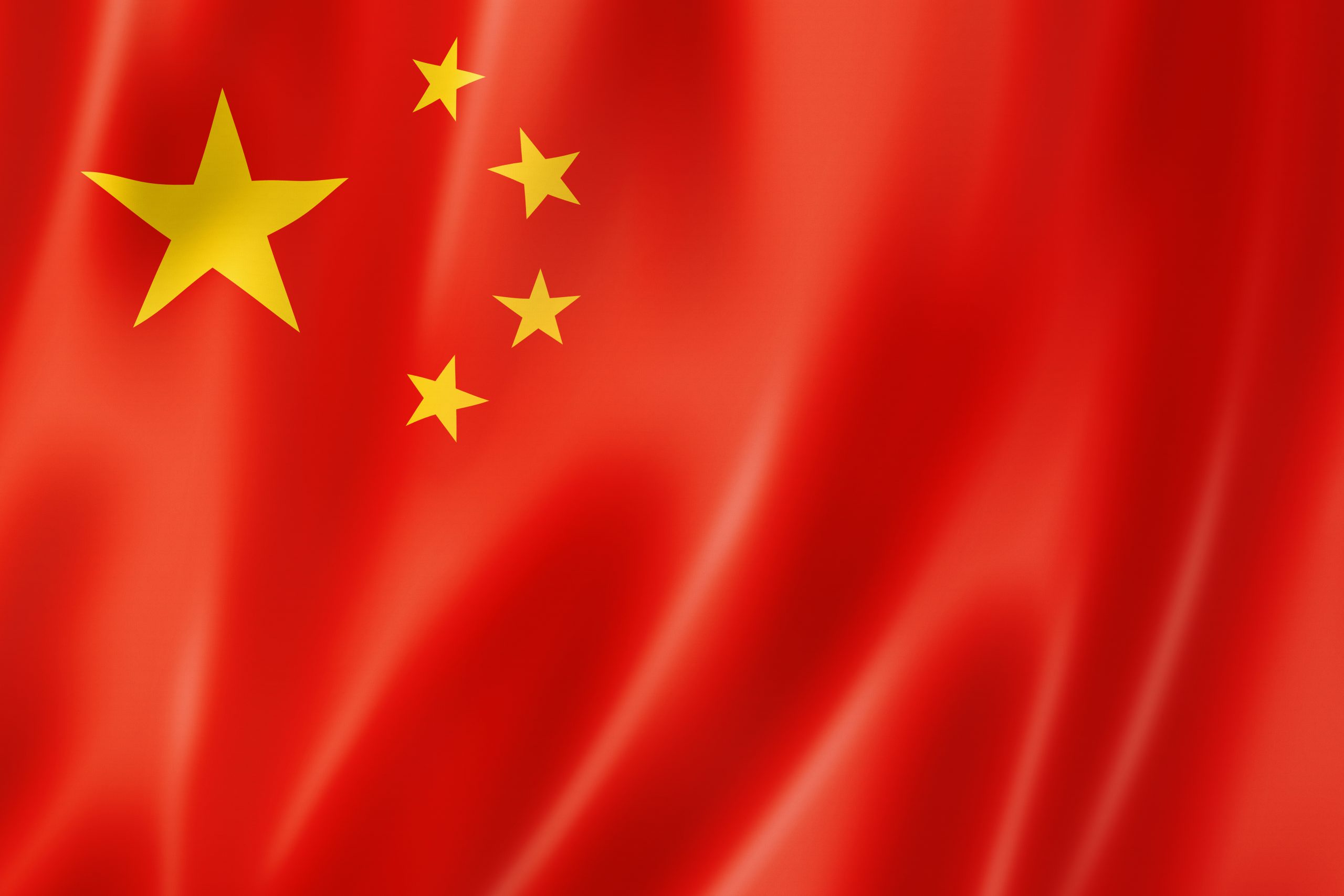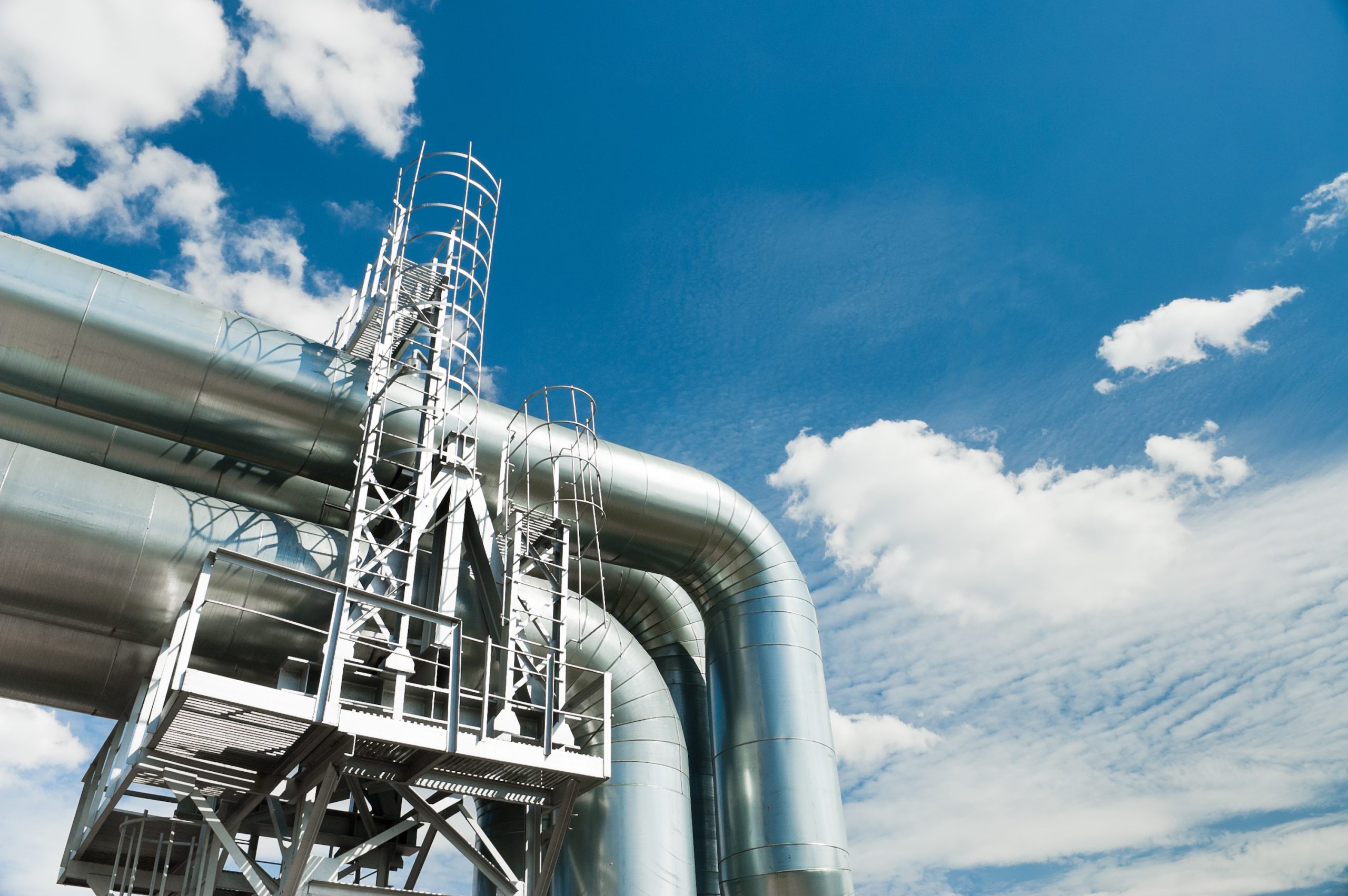EU Tightens Hydrogen Grant Rules to Curb Dependency on China

The European Union announced significant changes to its auction and import rules for Hydrogen Grants and Electrolysers.
The EU is aiming to curb its dependence on China in the renewable energy supply chain. This strategic move comes as China dominates global markets in solar power and electric vehicles (EVs) and is increasingly competitive in wind power. The European Commission’s revised approach includes auction terms and also comprehensive investigations and potential tariffs on Chinese-made EVs.
Hydrogen Auction Details
The EU’s Hydrogen Bank is set to hold its second renewable hydrogen auction on December 3, 2024, allocating up to €1.2 billion ($1.34 billion) to support new projects.
Earlier this year, nearly €720 million was granted to seven renewable hydrogen initiatives. However, concerns were raised by Europe’s industry players regarding the reliance on cheaper, Chinese-made components to win projects.
To address these concerns, the upcoming auction round includes a new criterion: projects must not source more than 25% of their plant’s production capacity from the Chinese. This change is aimed at limiting the EU’s systemic reliance on imports from Beijing. The EU’s climate chief highlighted that the rules were specifically modified to favour local companies and protect European supply chains.
Strategic Concerns and Industry Reactions
According to the term sheet, Chinese production capacity is already more than 50% of global production… it is assessed that there is a significant risk of increased and irreversible dependency of the EU on imports of electrolysers originating in China, which may threaten the EU security of supply. This assessment underscores the urgency of protecting the region’s renewable energy infrastructure.
A report by Mario Draghi, former head of the European Central Bank, stressed the importance of coordinated industrial policy and expedited decision-making to maintain Europe’s economic competitiveness against global rivals such as the United States and China. Draghi advocated for selective competition, suggesting that Europe should focus on nurturing industries where it maintains an edge instead of competing in sectors already dominated by foreign players, like solar panels.
Insights and Challenges
There are concerns that restrictions on Chinese electrolyser imports may drive up the costs of green hydrogen projects, potentially hindering project development across Europe. Norwegian-based HydrogenPro which has 500 MW of manufacturing capacity for pressurized alkaline electrolysers in Tianjin, China, noted the challenges in navigating the new bidding criteria for the €1.2 billion auction. CEO Jarle Dragvik expressed confidence that the company could meet the updated terms, which apply to surface treatment, cell unit production, and stack assembly.
The EU’s decision to tighten rules reflects a balance between fostering a self-sustained renewable energy industry and addressing the practical implications of limiting access to more affordable components. As Europe navigates this complex transition, industry leaders and policymakers will need to collaborate closely to ensure both competitive and sustainable progress.

